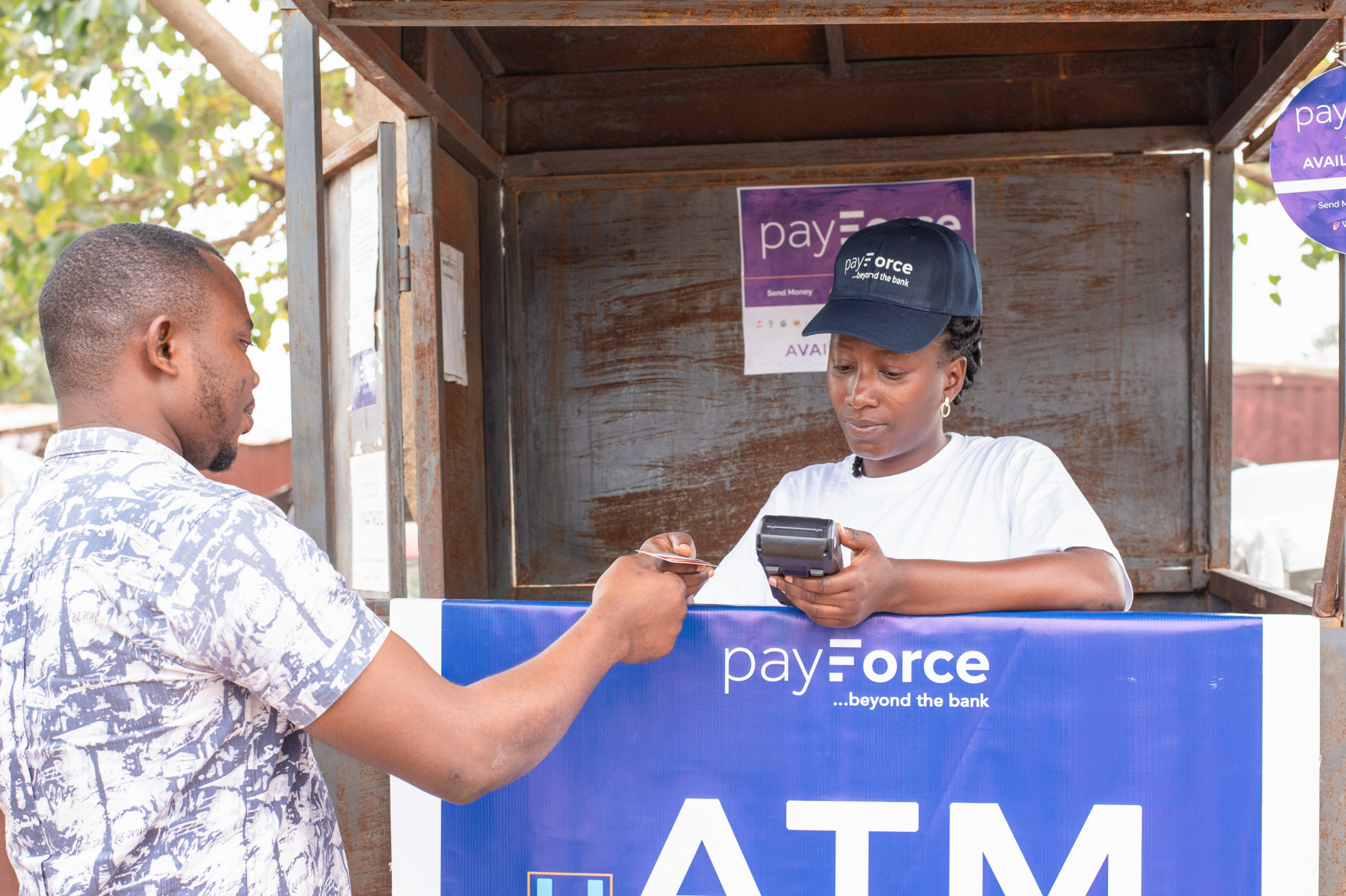In recent years, Nigeria’s banking landscape has shifted dramatically. The rise of Point-of-Sale (POS) operators has transformed how many Nigerians access their money. While these agents offer convenience, they’ve also introduced new challenges, especially concerning cash withdrawals. Many Nigerians now face long queues at ATMs and are burdened with high charges from POS operators. This situation has sparked widespread frustration among everyday citizens.
The Central Bank of Nigeria (CBN) introduced POS systems in 2013 to promote financial inclusion and reduce cash dependency. Initially, these agents complemented traditional banking by providing services in underserved areas. However, over time, POS operators have become primary cash providers for many, often charging fees that some consider excessive. This development has led to increased competition for cash, with POS agents sometimes sourcing funds directly from ATMs, exacerbating cash shortages for regular bank customers.
Join our WhatsApp ChannelAs of March 2024, Nigeria had approximately 2.7 million deployed POS terminals, compared to less than 21,500 ATMs. With over 63 million unique bank clients, this disparity highlights the growing reliance on POS machines. However, the ATM network in Nigeria faces several issues, such as low withdrawal limits, scarcity of cash, long queues, and infrastructure challenges.
Currently we have POS Agents scattered in front of banks, raising a lot of concerns. This system disproportionately affects individuals who rely on cash, such as traders, transport workers, and elderly citizens who struggle with digital banking platforms.
READ ALSO: UBA Set To Begin Full Banking Operations In France
Lagos Residents Share Their Struggles
In Lagos, Nigeria’s bustling commercial hub, the challenges of accessing cash are evident. Many residents rely on ATMs and POS operators for their daily transactions, but both options come with their own set of difficulties.
Chinedu Okeke, a small business owner in Ajao Estate, Lagos, expressed his frustration “I run a small electronics shop. Every morning, I queue at the ATM to withdraw cash for my business. But lately, the machines are either out of service or have long lines. When I turn to POS agents, they charge me extra for each withdrawal. It’s eating into my profits. For withdrawing N60,000, I have to pay more than N1,500 plus the extra bank charges experienced by my account after the transactions”

Similarly, Aisha Bello, a resident of Ikeja, shared her experience “Last week, I needed cash urgently for a family emergency. The nearest ATM was empty, so I had no choice but to use a POS agent. For a withdrawal of N10,000, I was charged ₦200. It’s unfair, but what can we do?”
Alice Adah, a university student in University of Lagos, added “As a student, every naira counts. I prefer using ATMs because they don’t charge extra fees. But with the constant issues, I’m often forced to use POS services and pay the additional charges. It’s frustrating.”
Voices from Social Media
Beyond Lagos, Nigerians from various regions have taken to social media platforms like X (formerly Twitter) to voice their concerns.
User @AdaezeWrites from Enugu tweeted “Went to three different ATMs today; all were out of cash. Had to use a POS agent and got charged N300 for a N5,000 withdrawal. This is daylight robbery!”
Another user, @JideTheLawyer from Abuja, shared “Banks need to do better. ATMs are always empty or not working. POS agents are taking advantage and charging ridiculous fees. Where is the regulation?”
@ZainabCooks from Kano expressed her frustration “I understand that POS agents need to make a living, but the charges are becoming too much. We need a solution to this cash scarcity.”
Expert Insights on Nigeria’s Banking Challenges
To gain a deeper understanding of the situation, we consulted financial experts about the current challenges in Nigeria’s banking sector.
Dr. Olufemi Adeyemi, an economist, provided his perspective “The rise of POS operators was initially a positive development, enhancing financial inclusion. However, the unintended consequence has been the strain on cash availability. POS agents often source cash directly from ATMs, leading to shortages for regular customers. This practice, combined with high transaction fees, has created a parallel market for cash that disadvantages everyday Nigerians.”
Similarly, financial analyst Mrs. Funke Olatunji noted “The Central Bank’s cashless policy aimed to reduce cash dependency, but the infrastructure hasn’t kept pace. With insufficient ATMs and unreliable digital platforms, many Nigerians are left with no choice but to use POS services, often at a premium. There’s a need for better regulation and investment in banking infrastructure to address these challenges.”
The Path Forward: Balancing Convenience and Fairness
The current state of banking in Nigeria presents a complex challenge. While POS operators have filled a crucial gap in financial services, their practices have also led to unintended consequences, including cash shortages and high transaction fees. Addressing these issues requires a multifaceted approach:
- Regulatory Oversight: The Central Bank of Nigeria should implement and enforce regulations that cap transaction fees imposed by POS agents, ensuring they remain fair and transparent.
- Infrastructure Investment: Banks need to invest in expanding and maintaining ATM networks to meet the cash demands of their customers.
- Public Awareness: Educating the public on digital banking options can reduce the reliance on
Emmanuel Ochayi is a journalist. He is a graduate of the University of Lagos, School of first choice and the nations pride. Emmanuel is keen on exploring writing angles in different areas, including Business, climate change, politics, Education, and others.


















